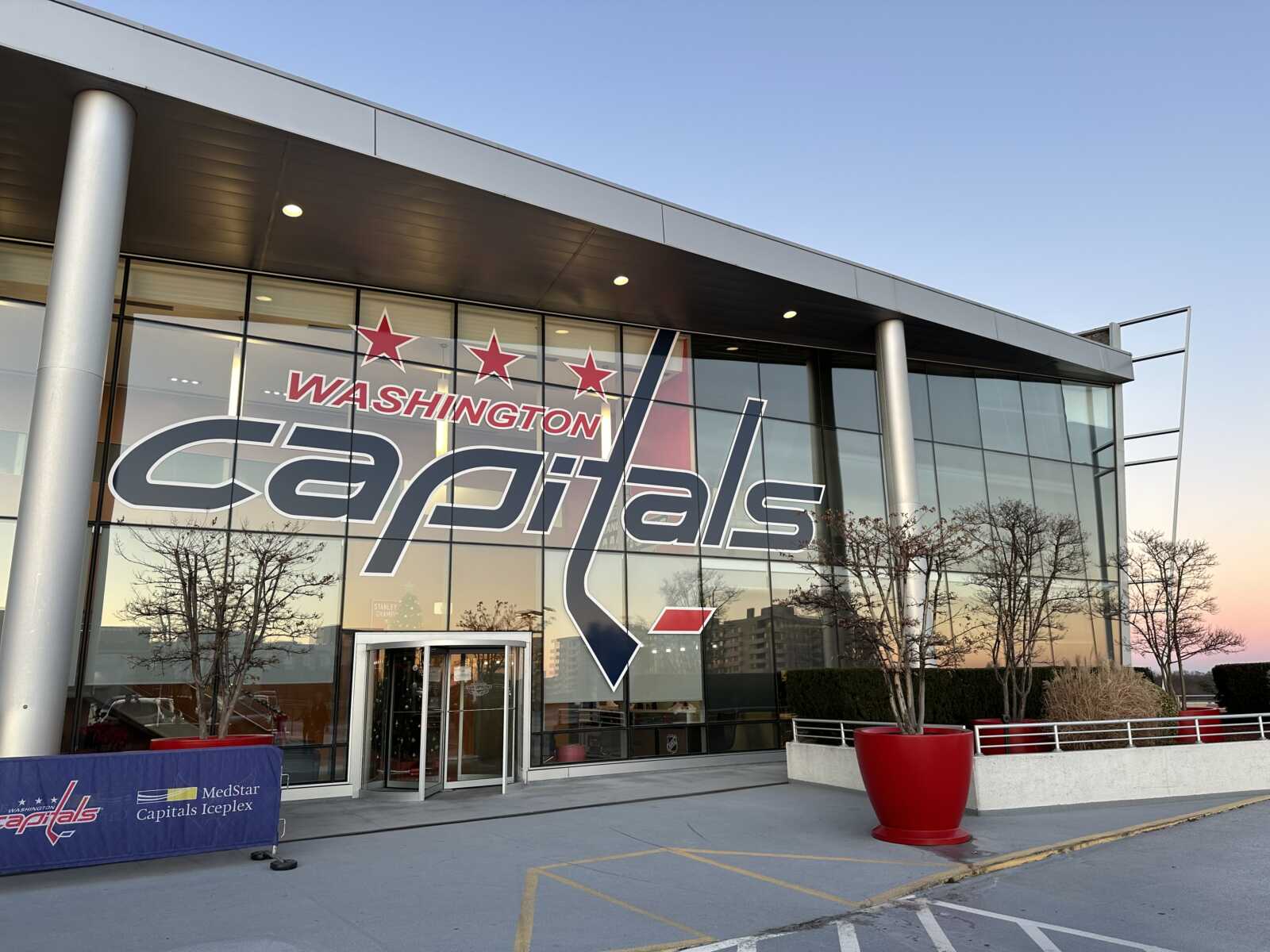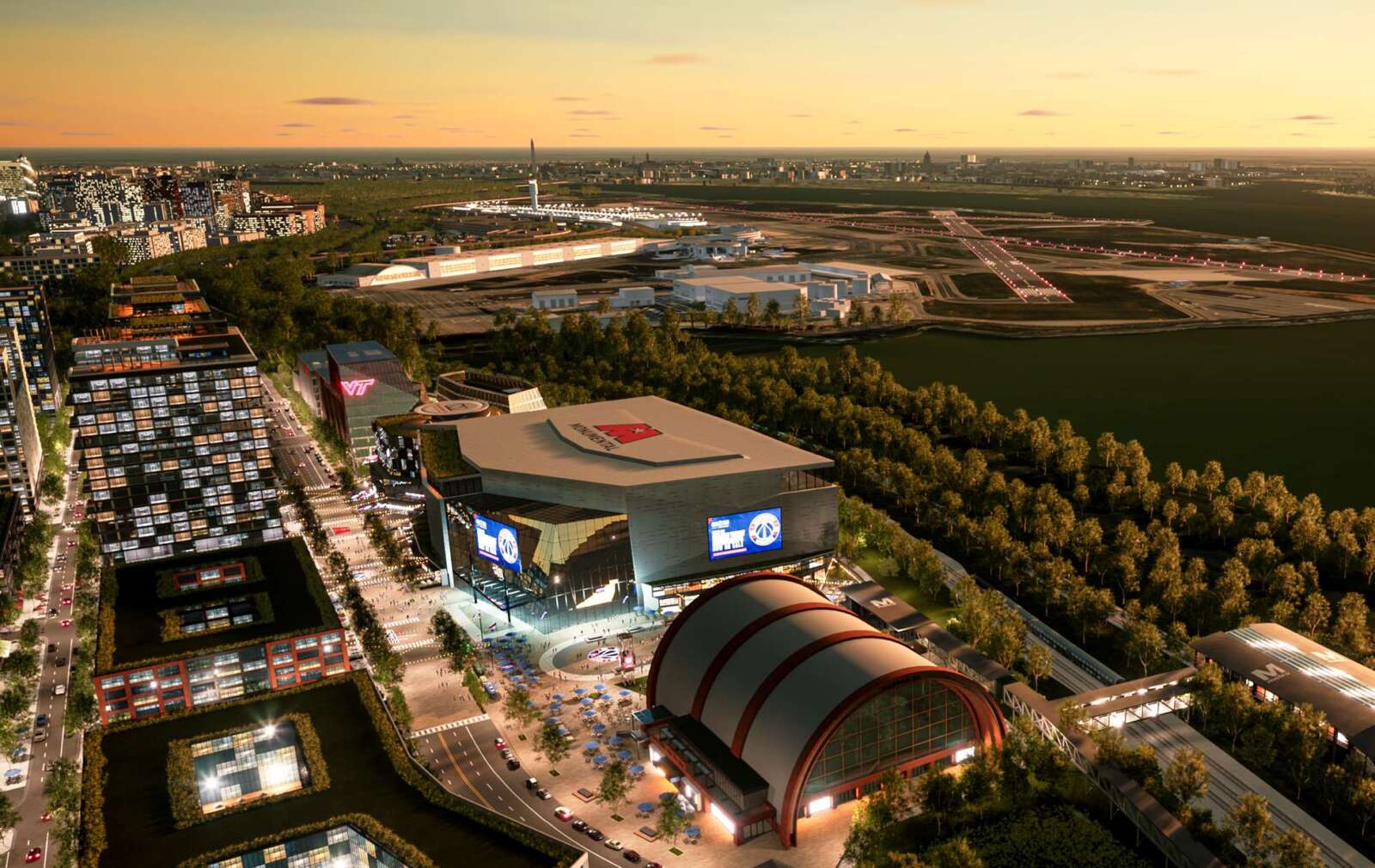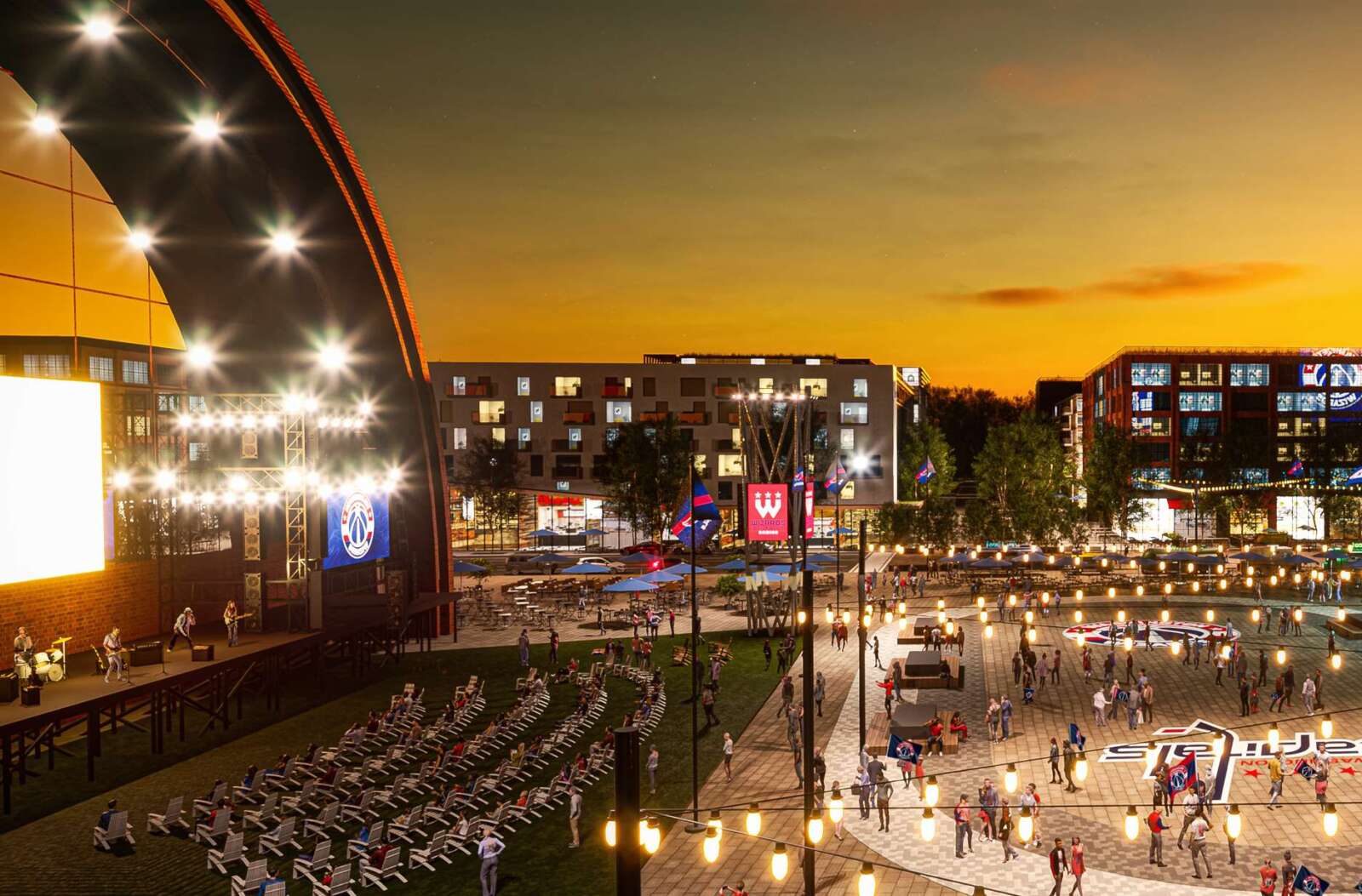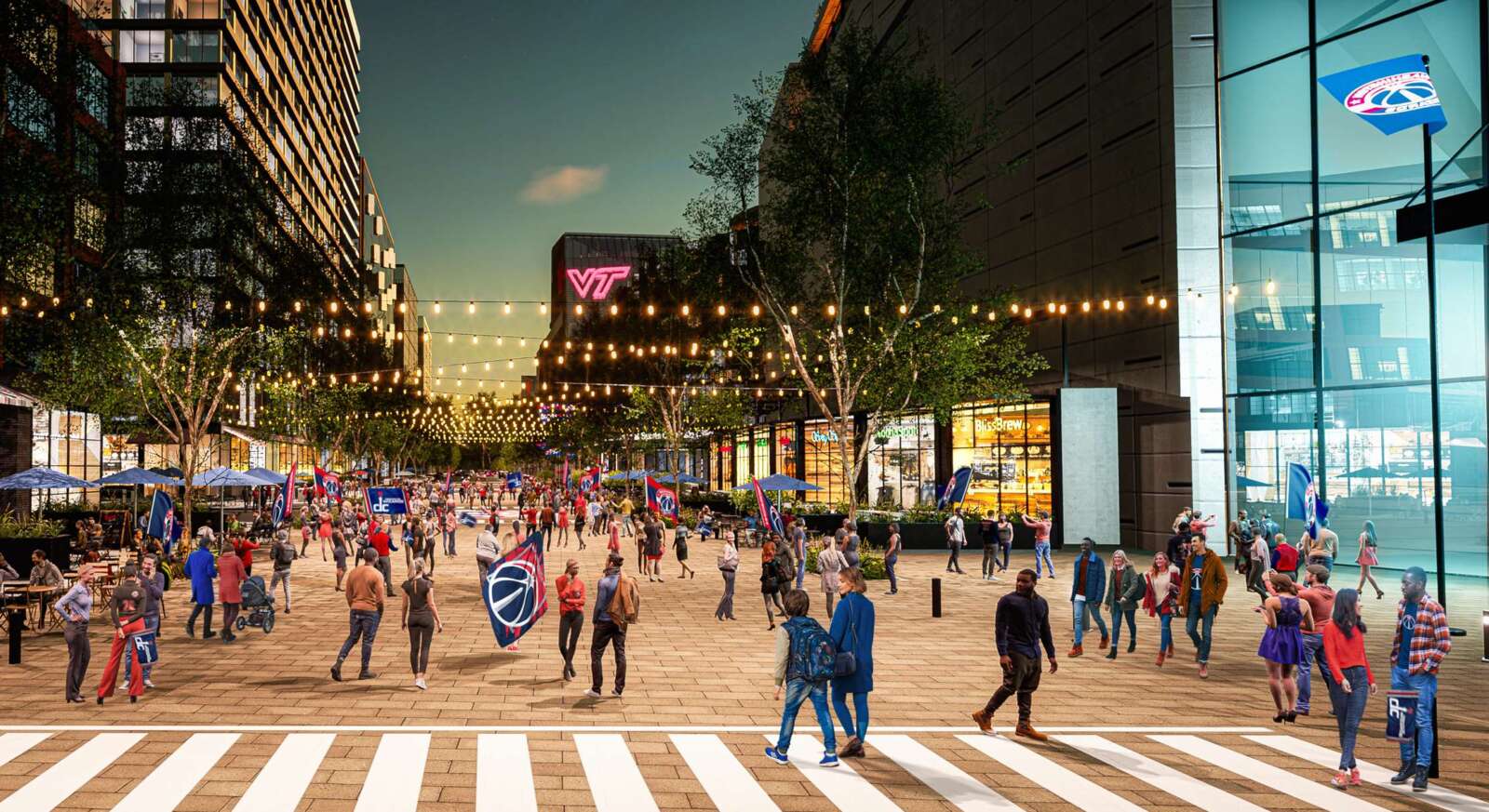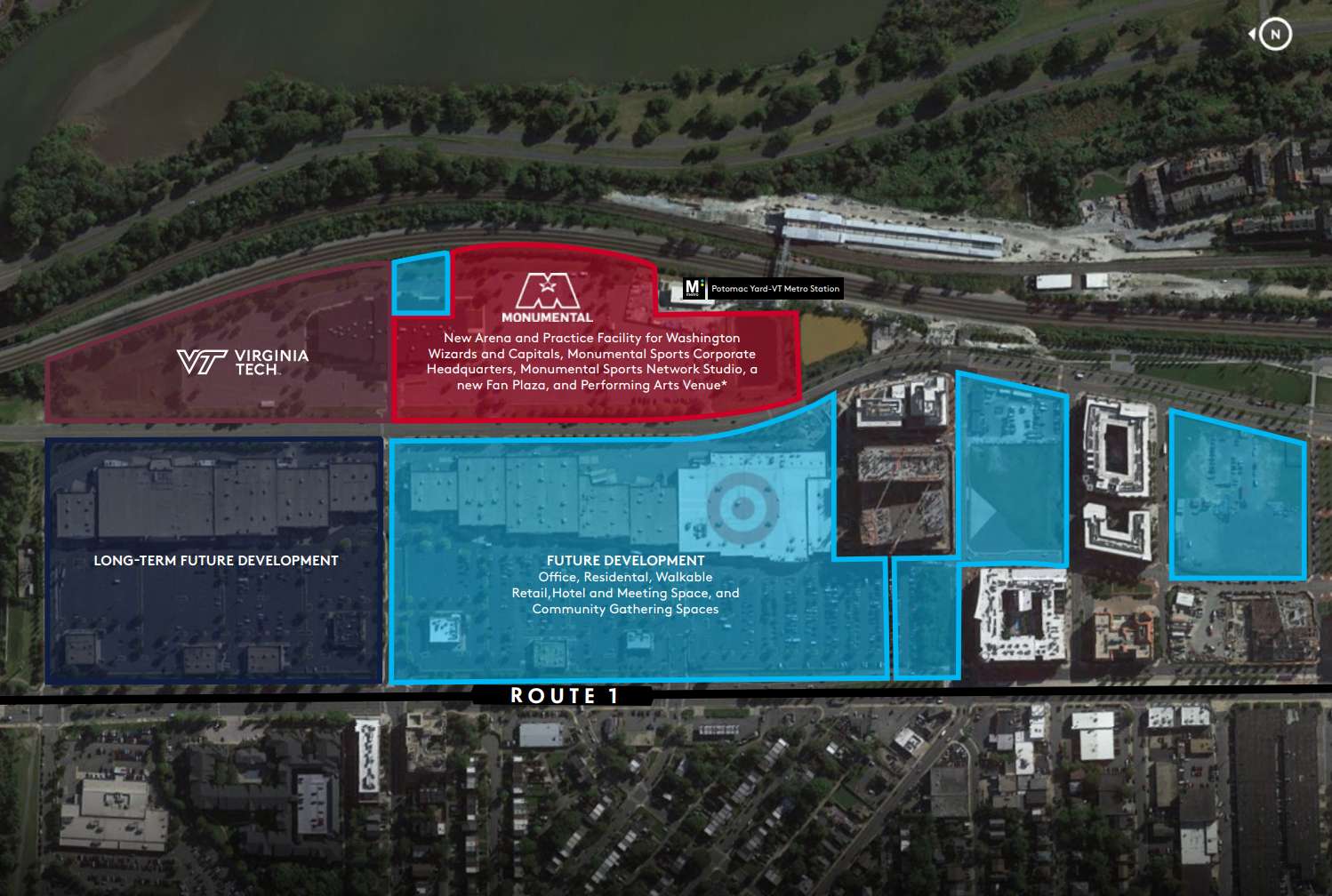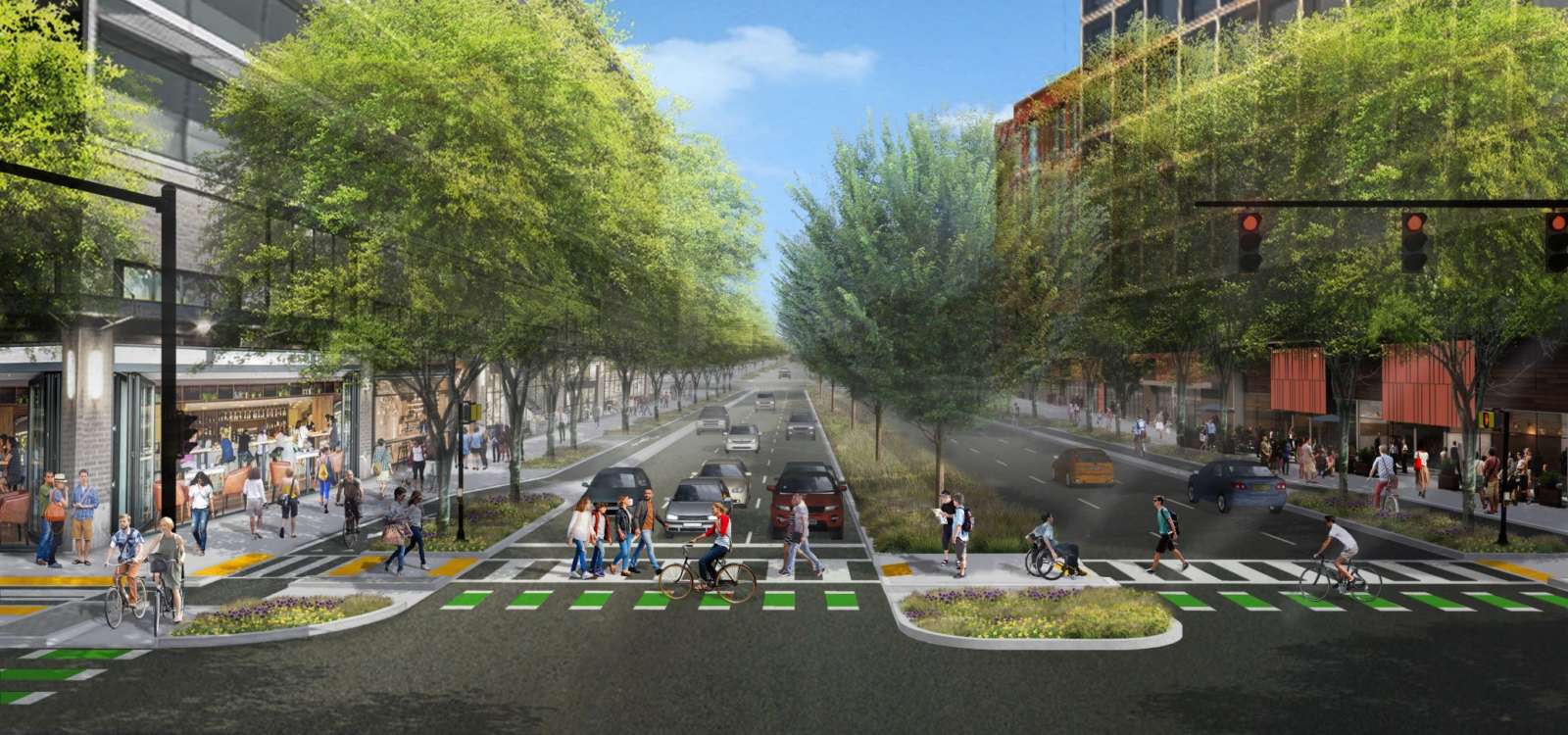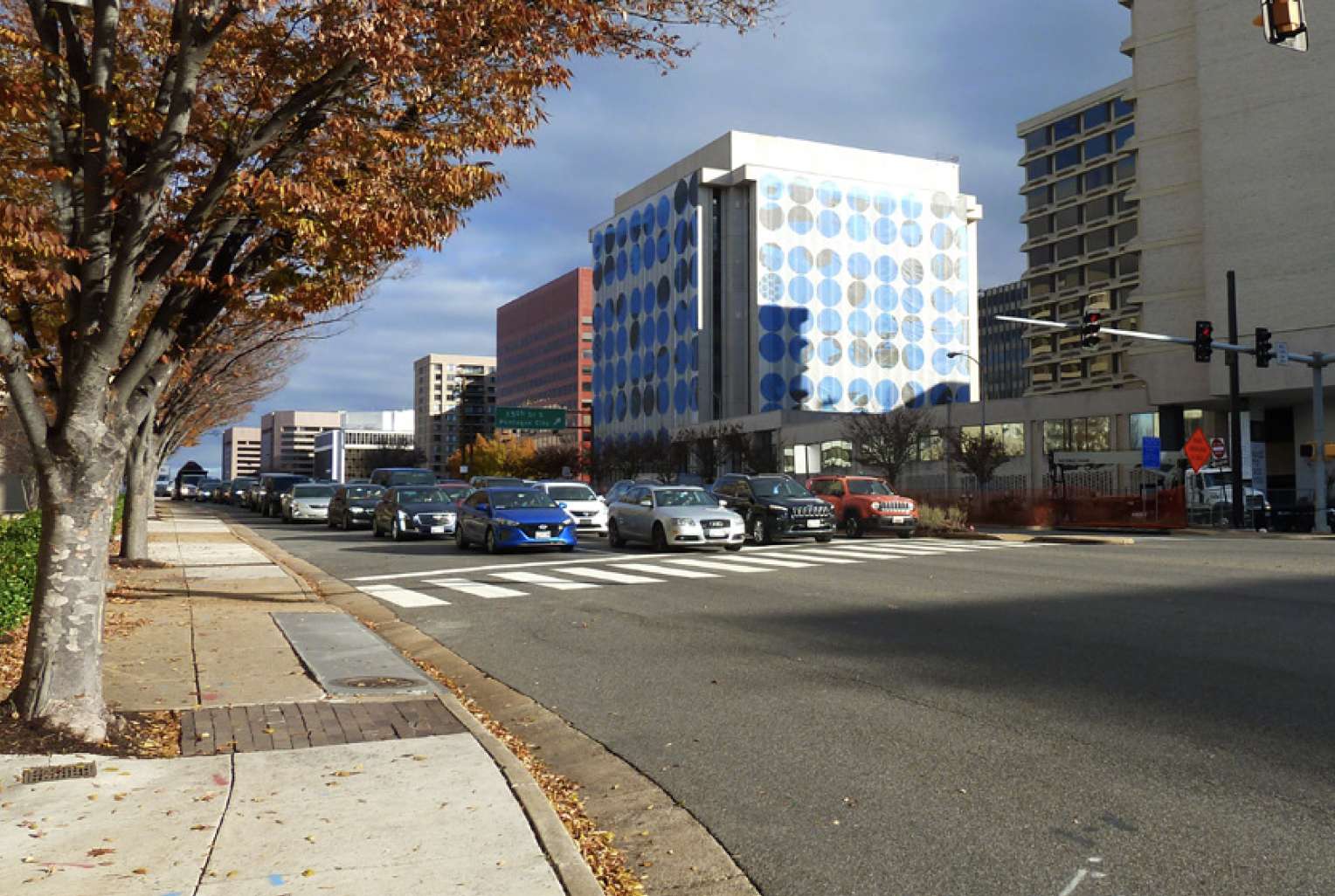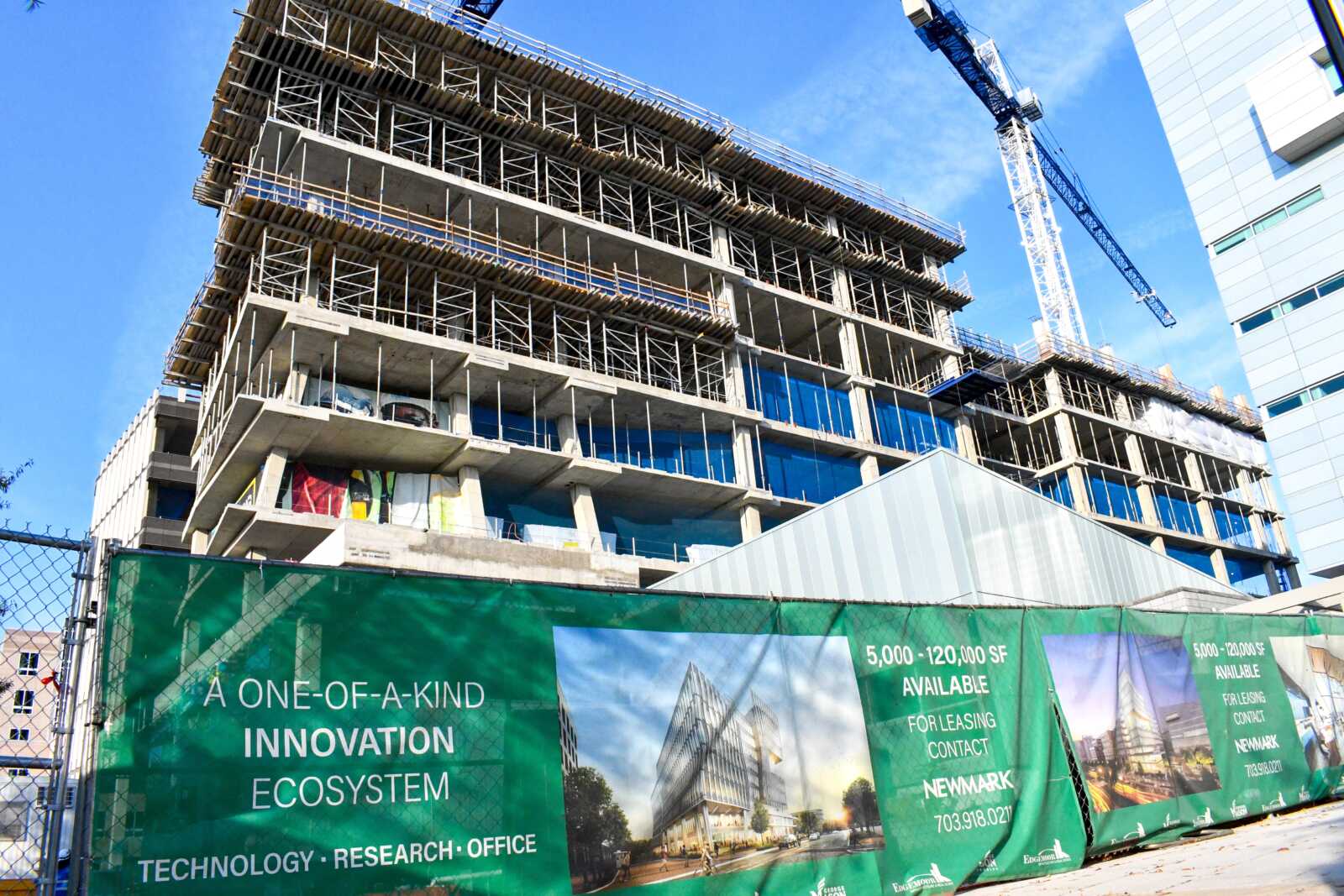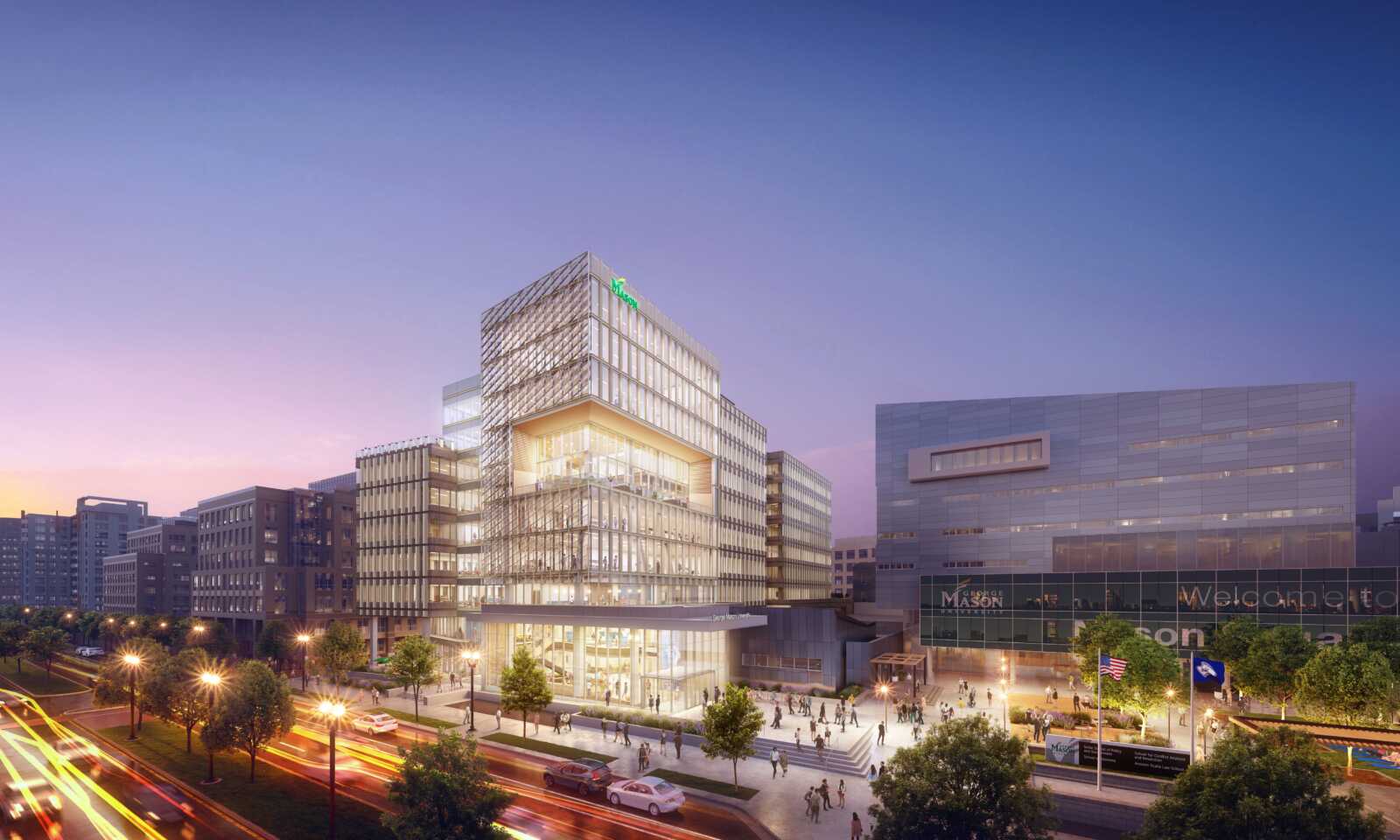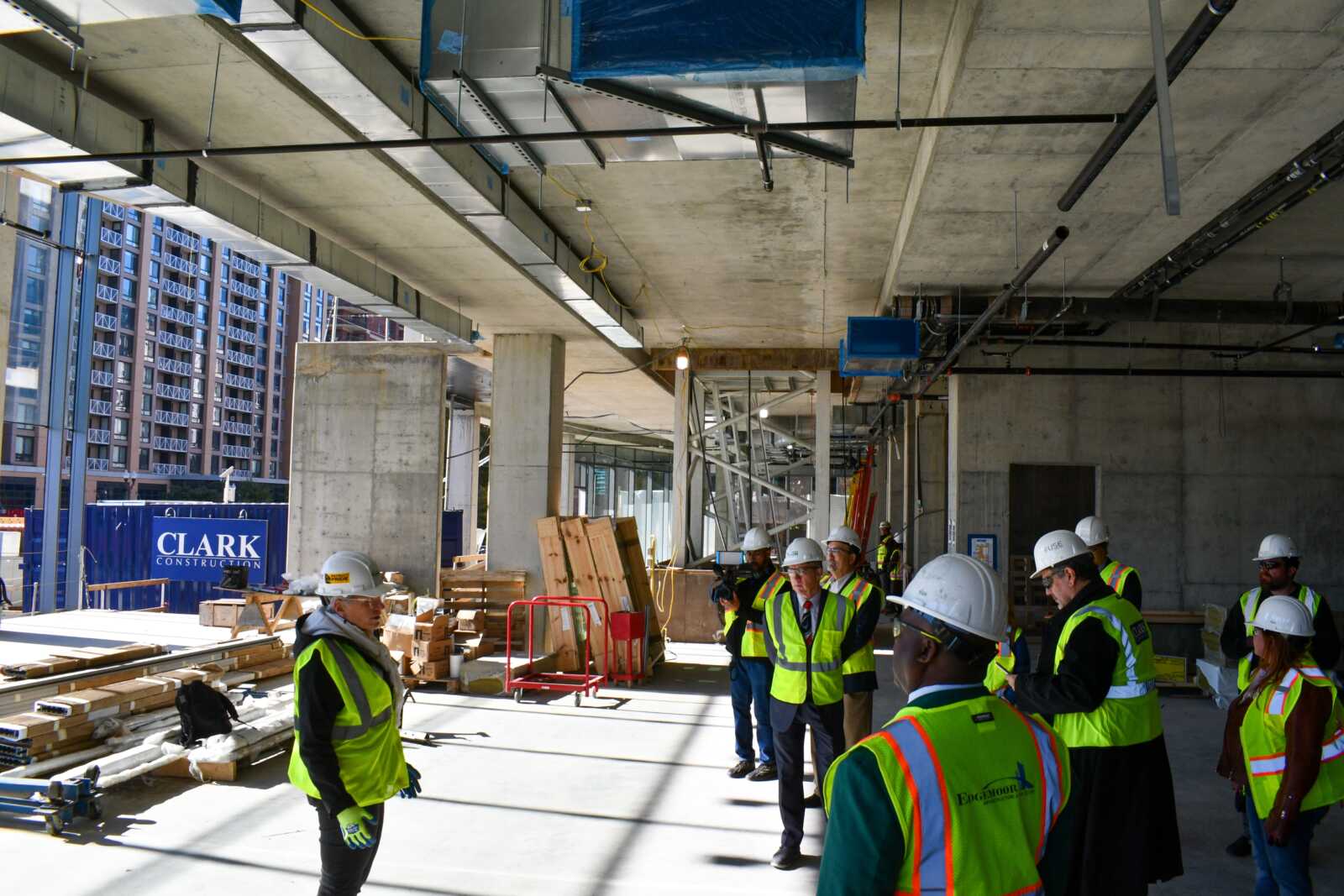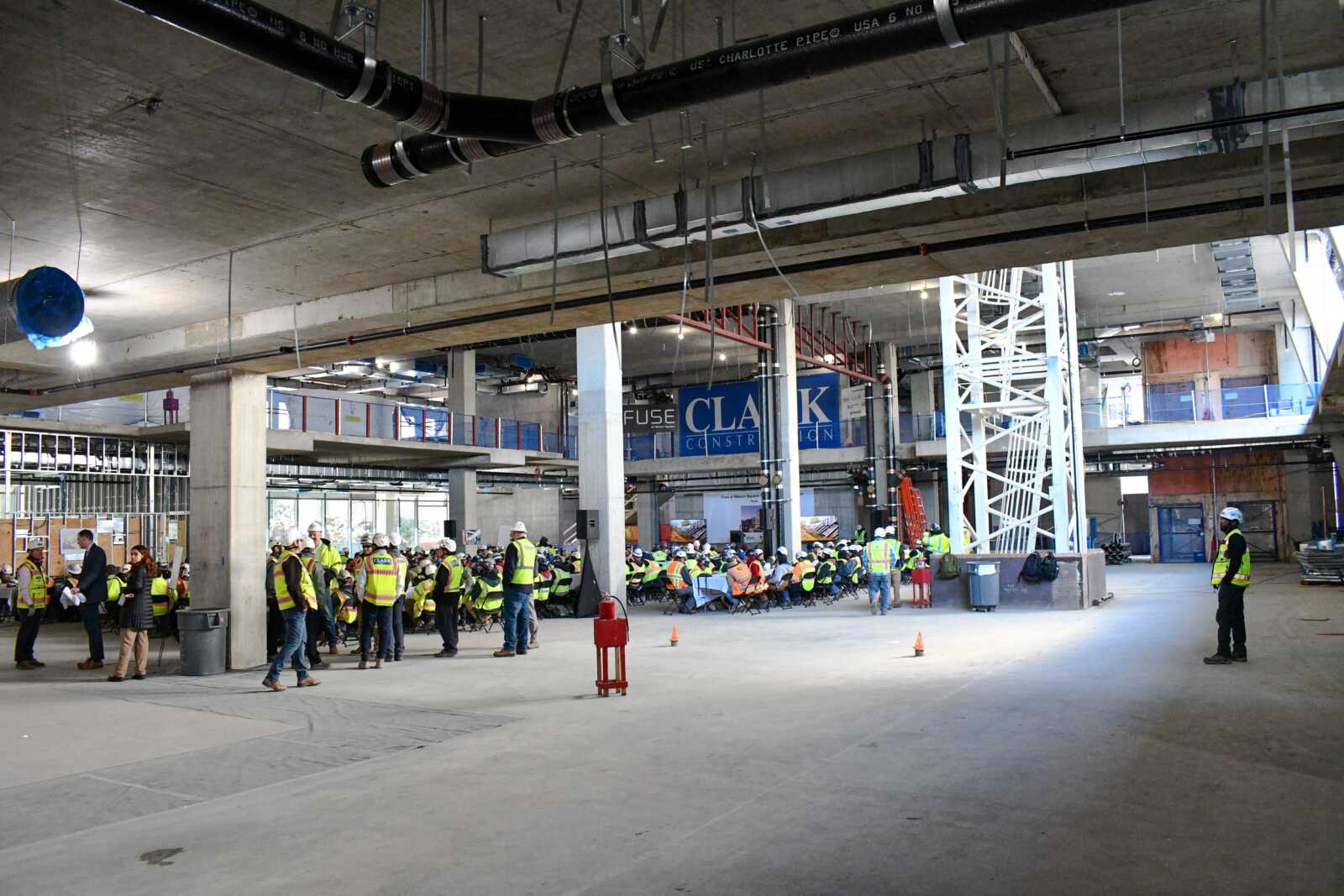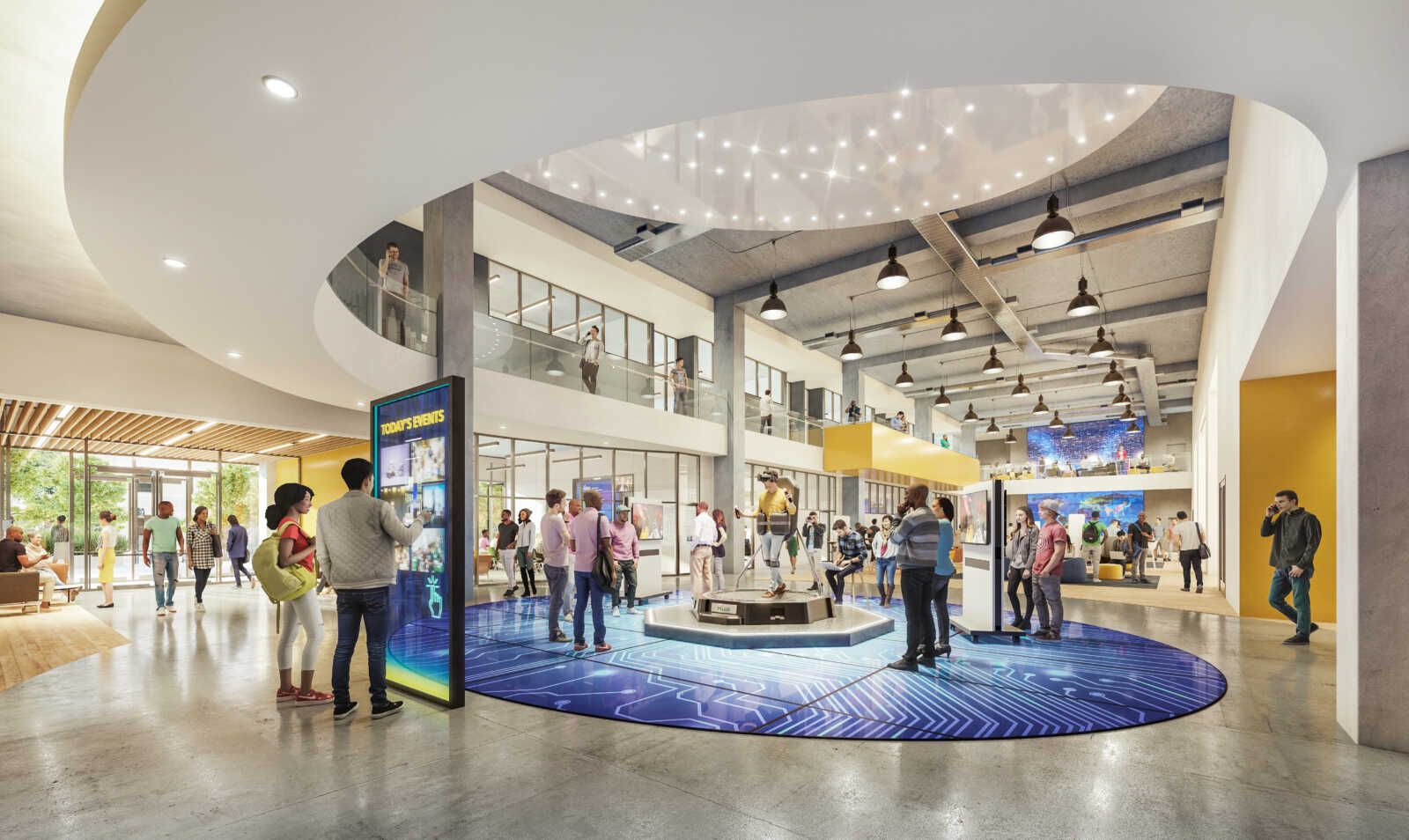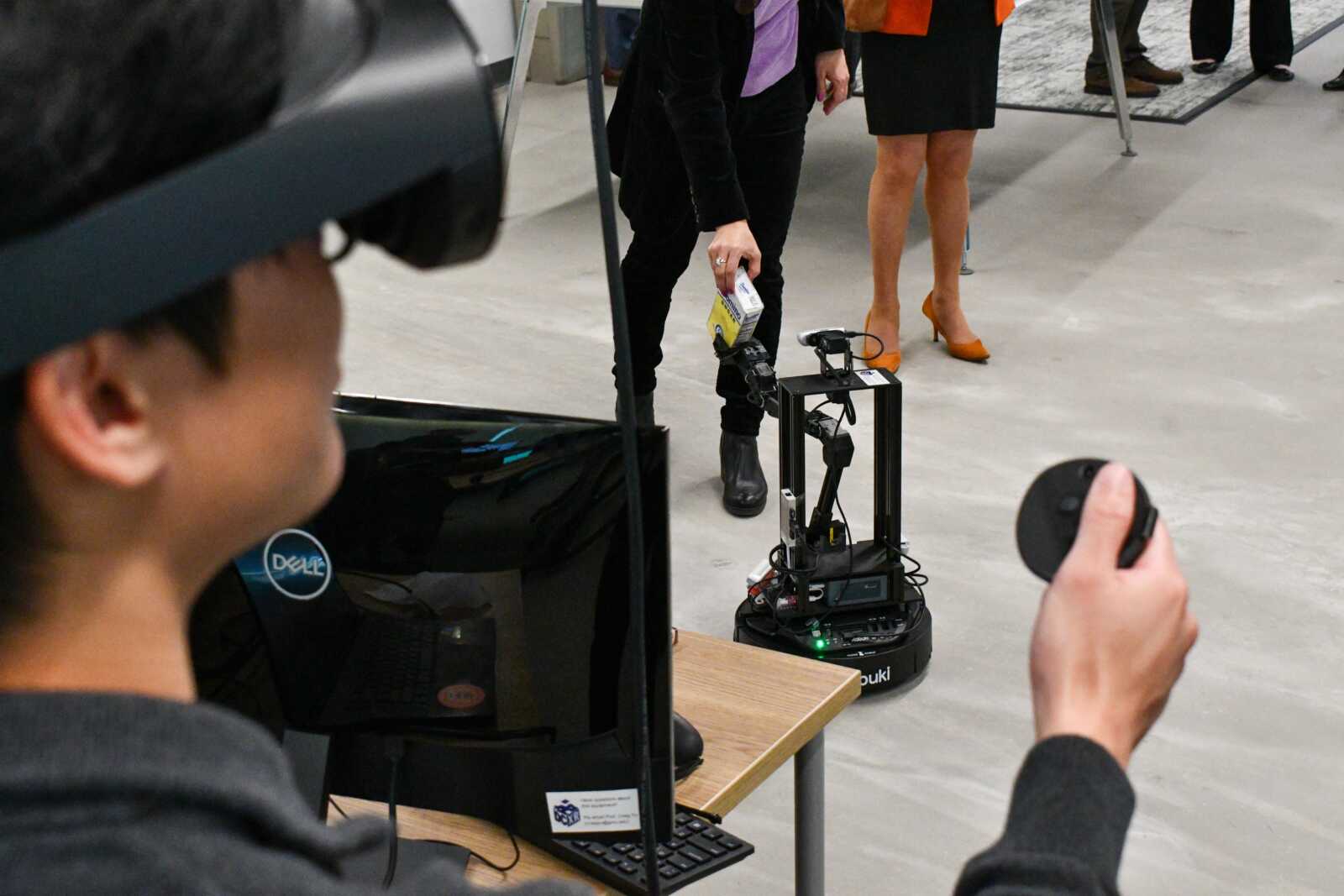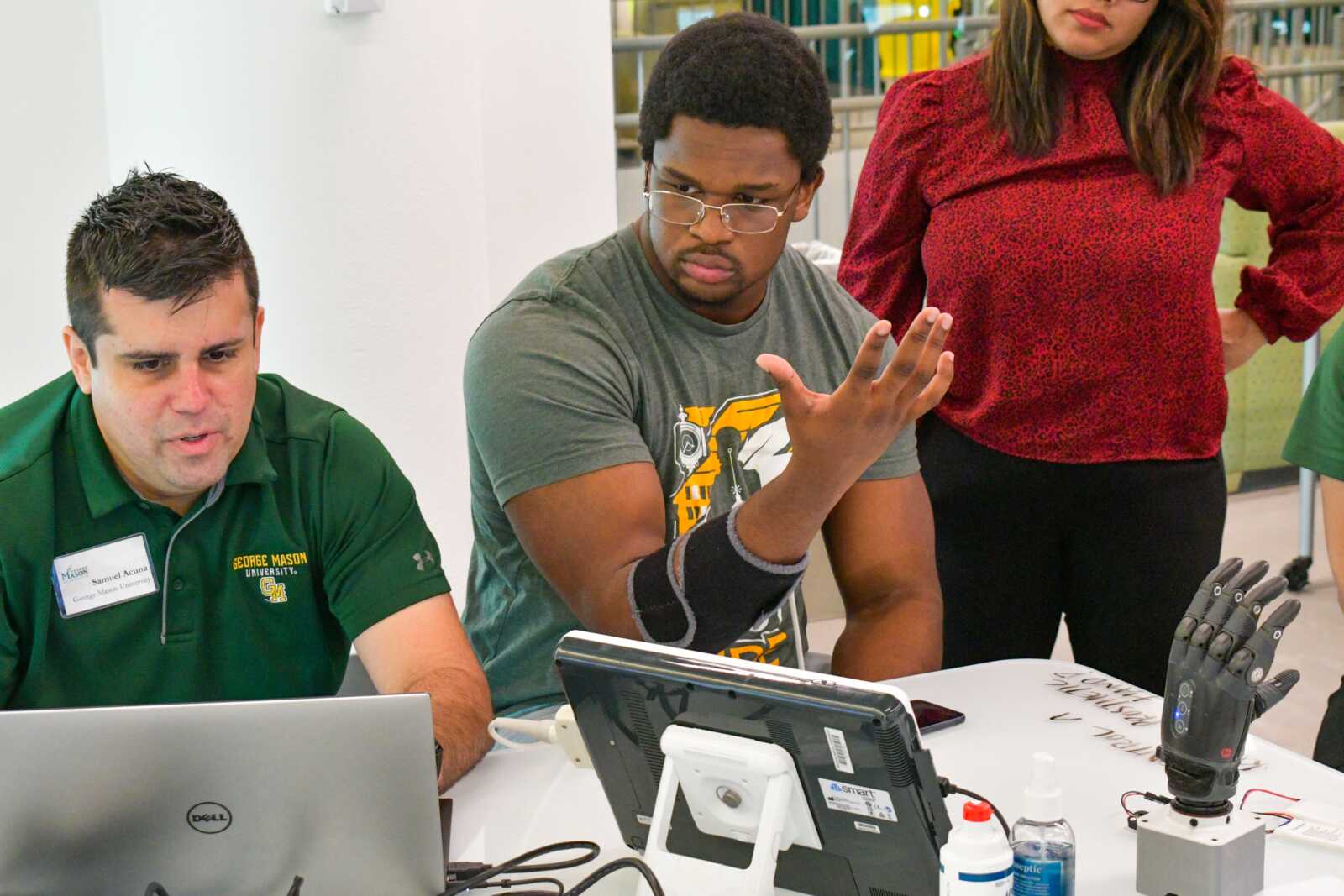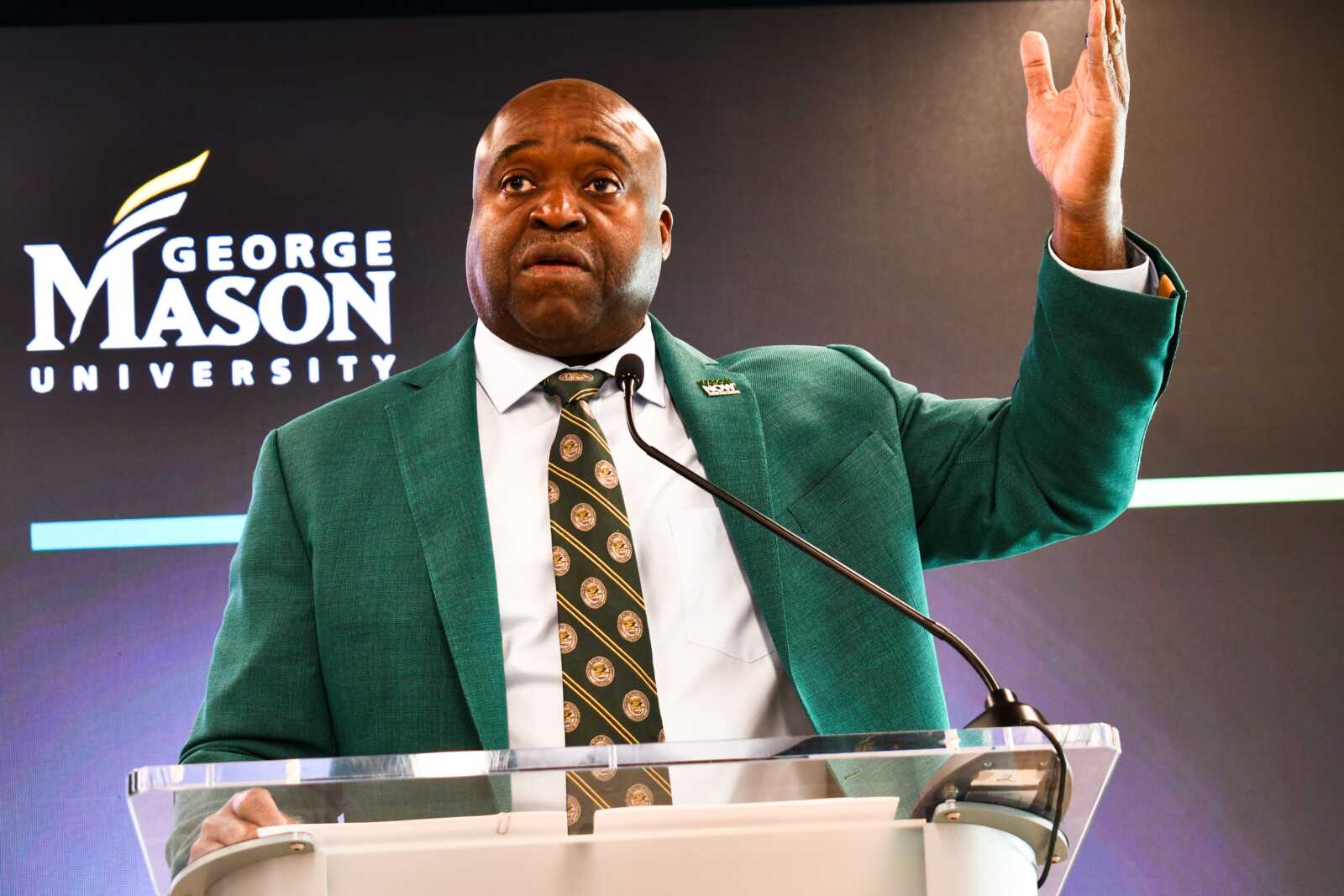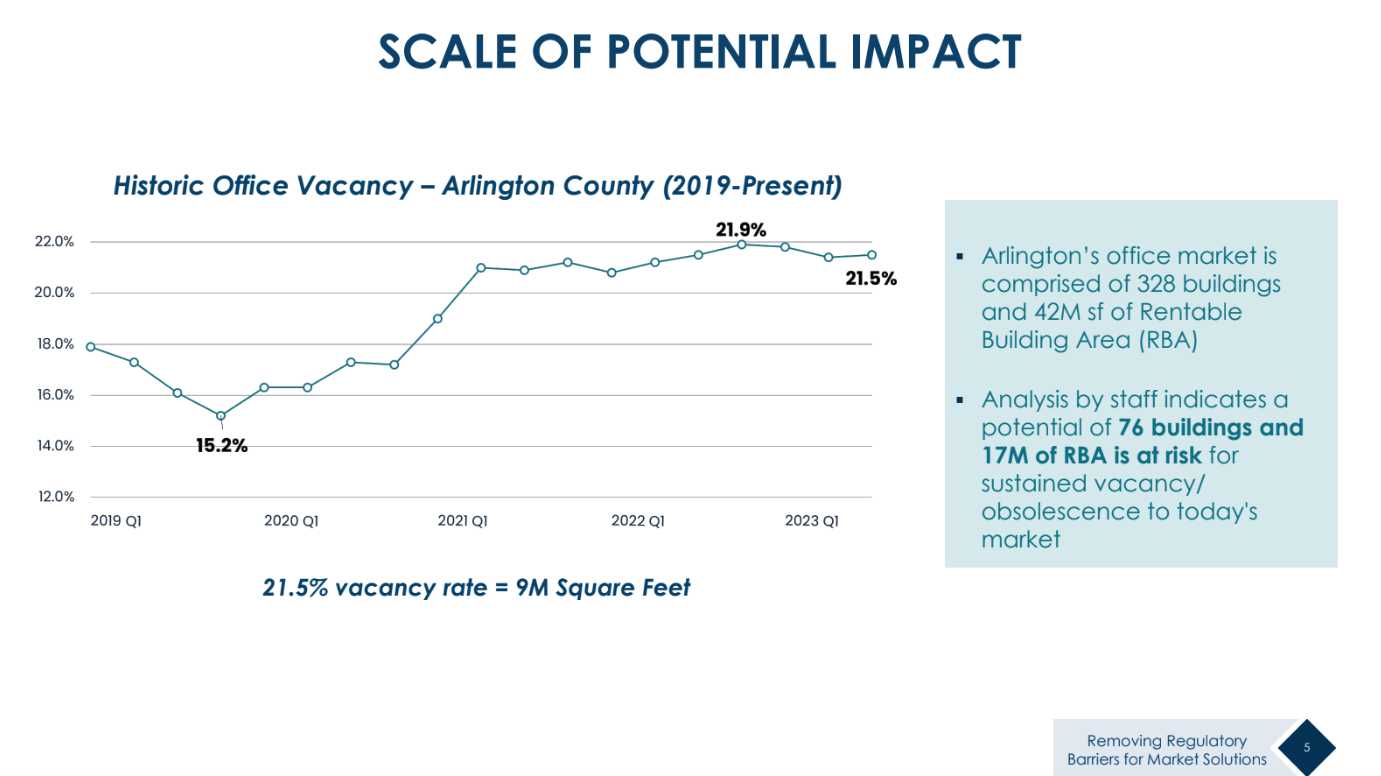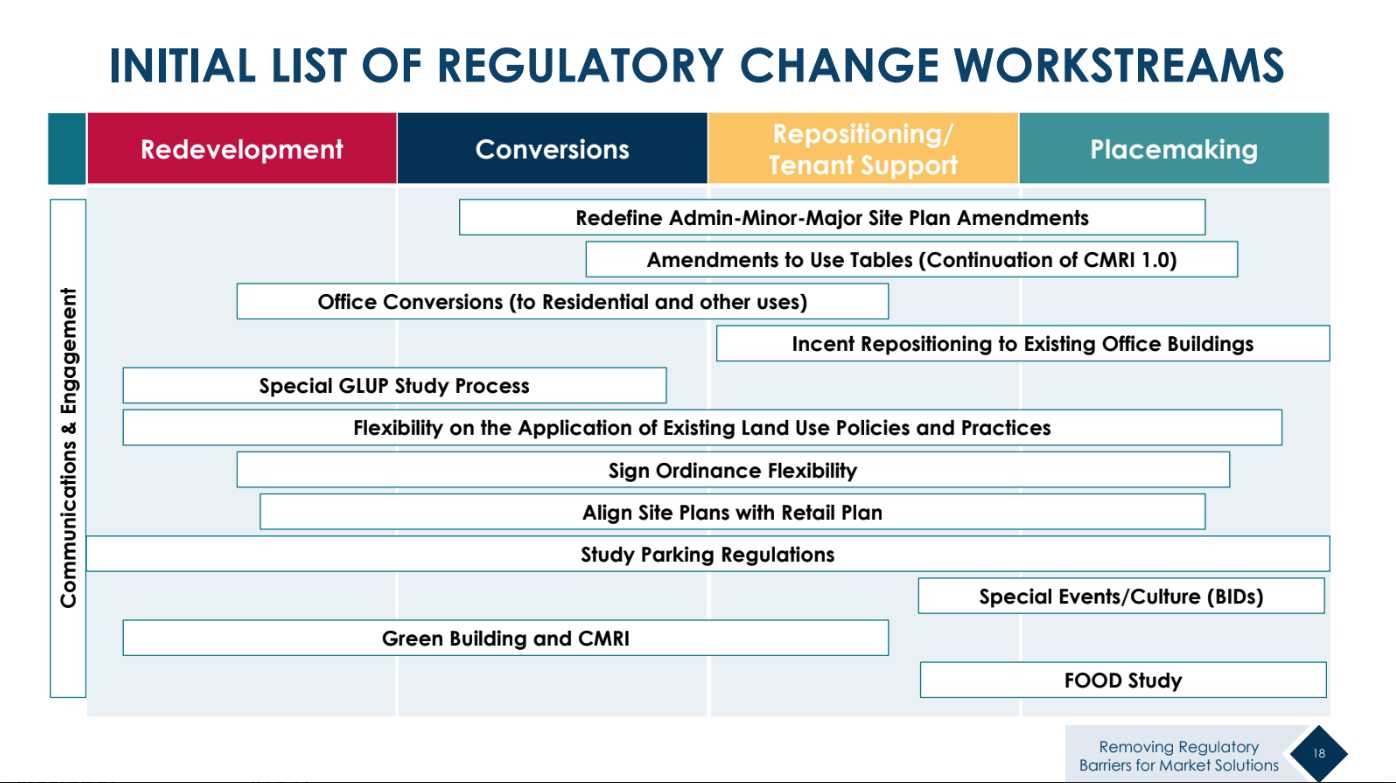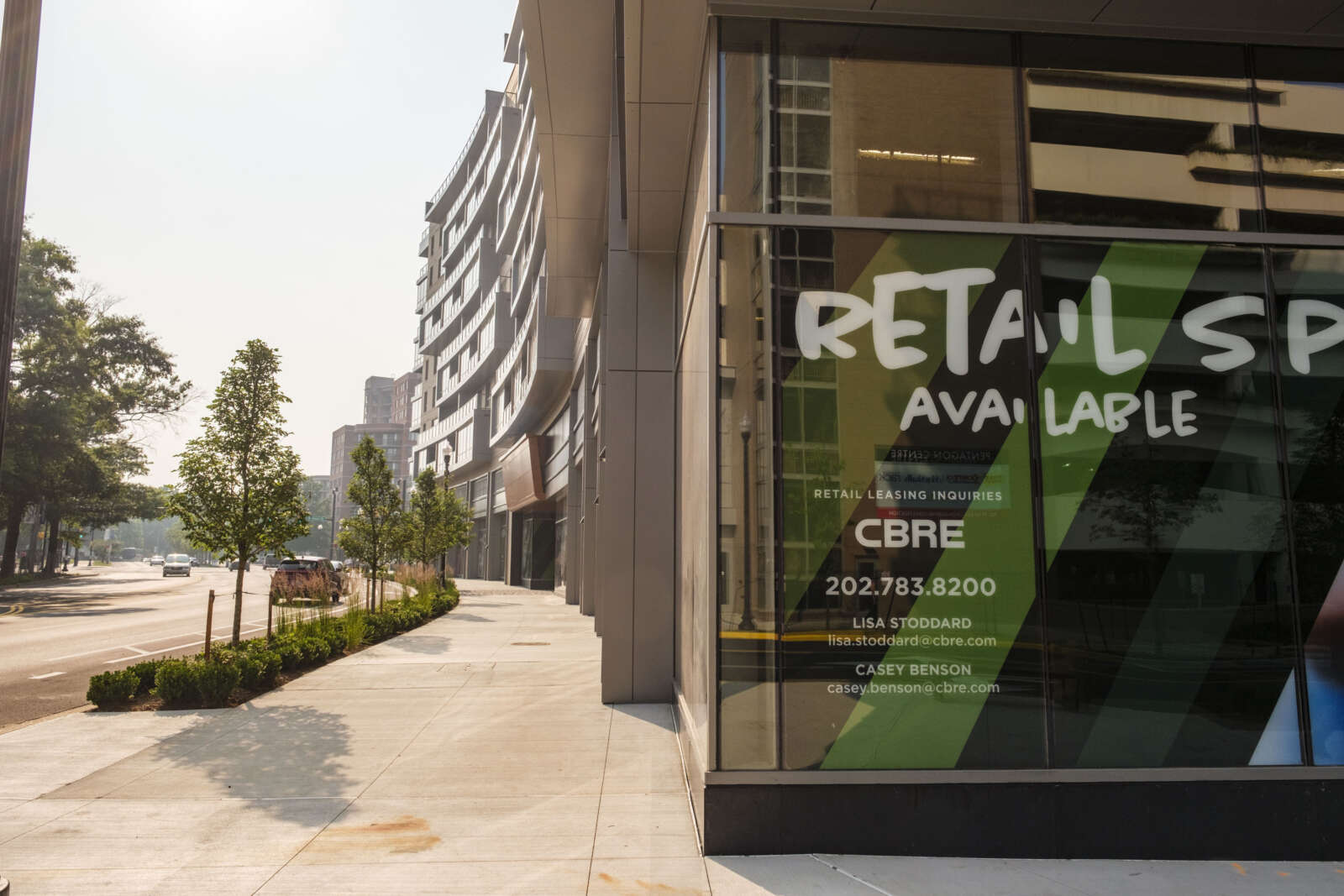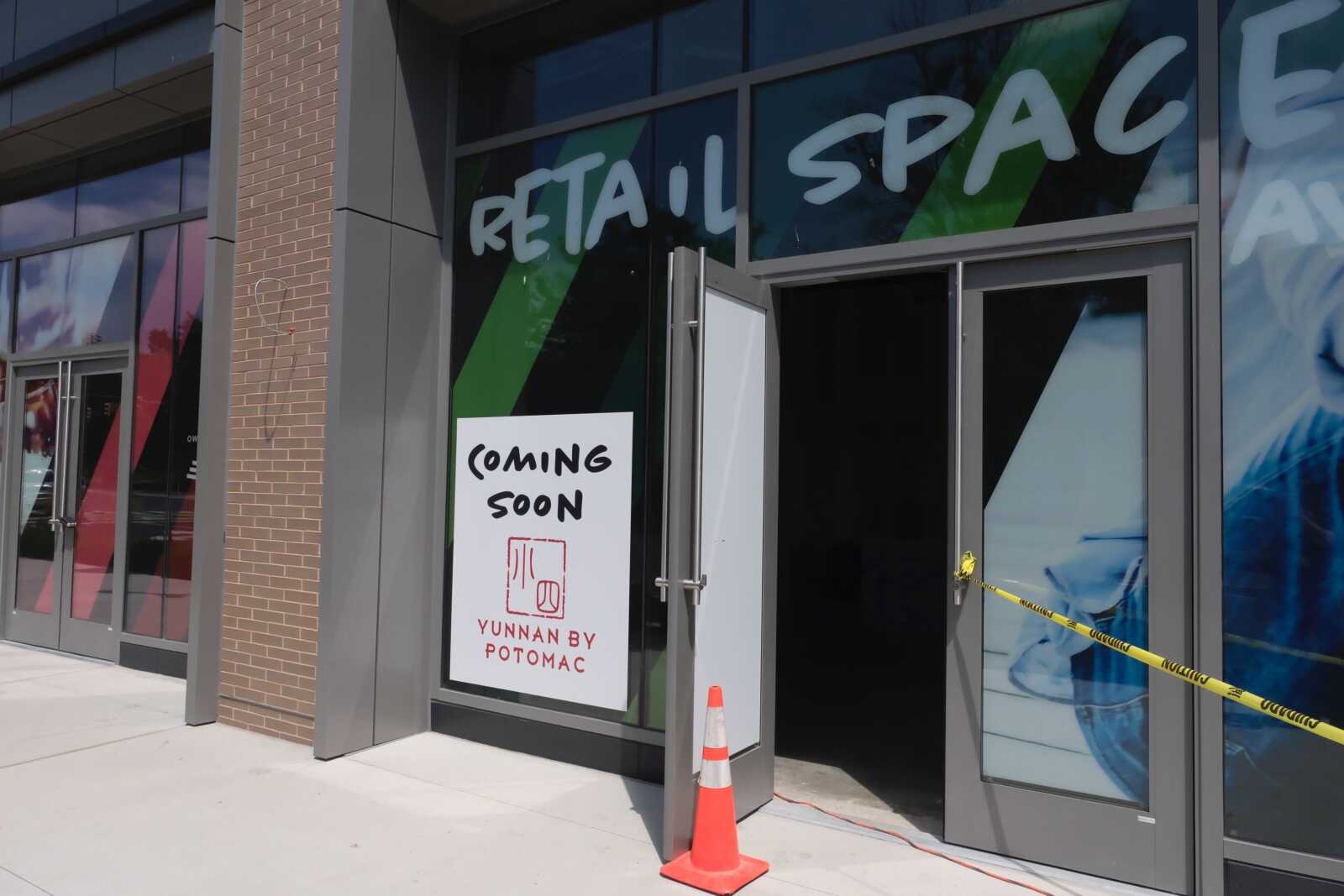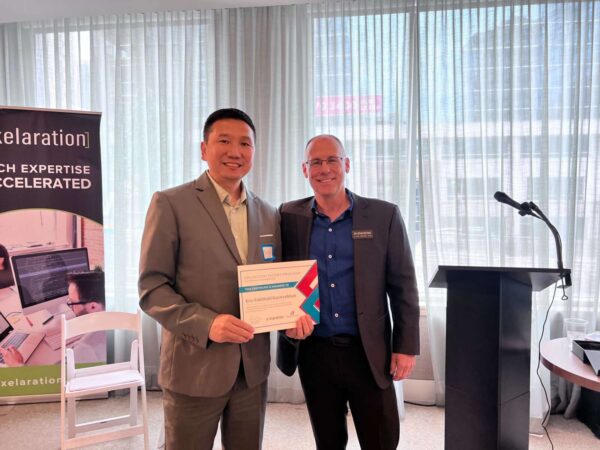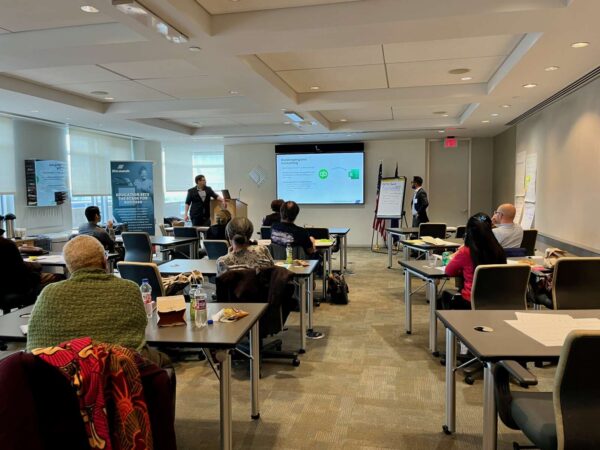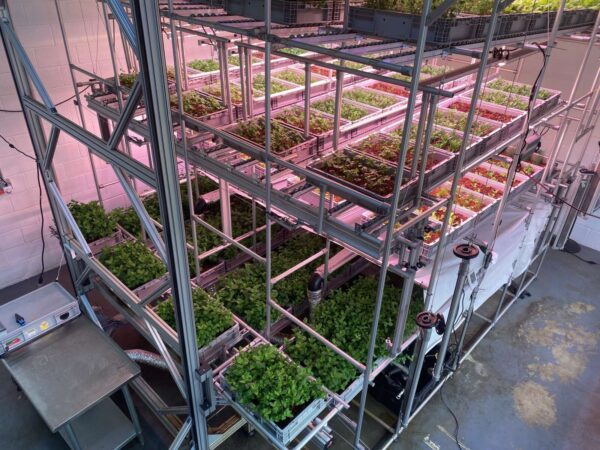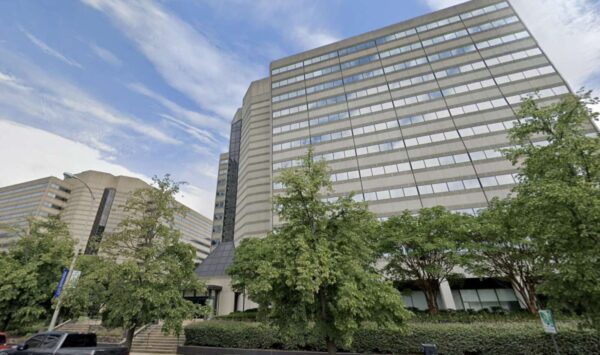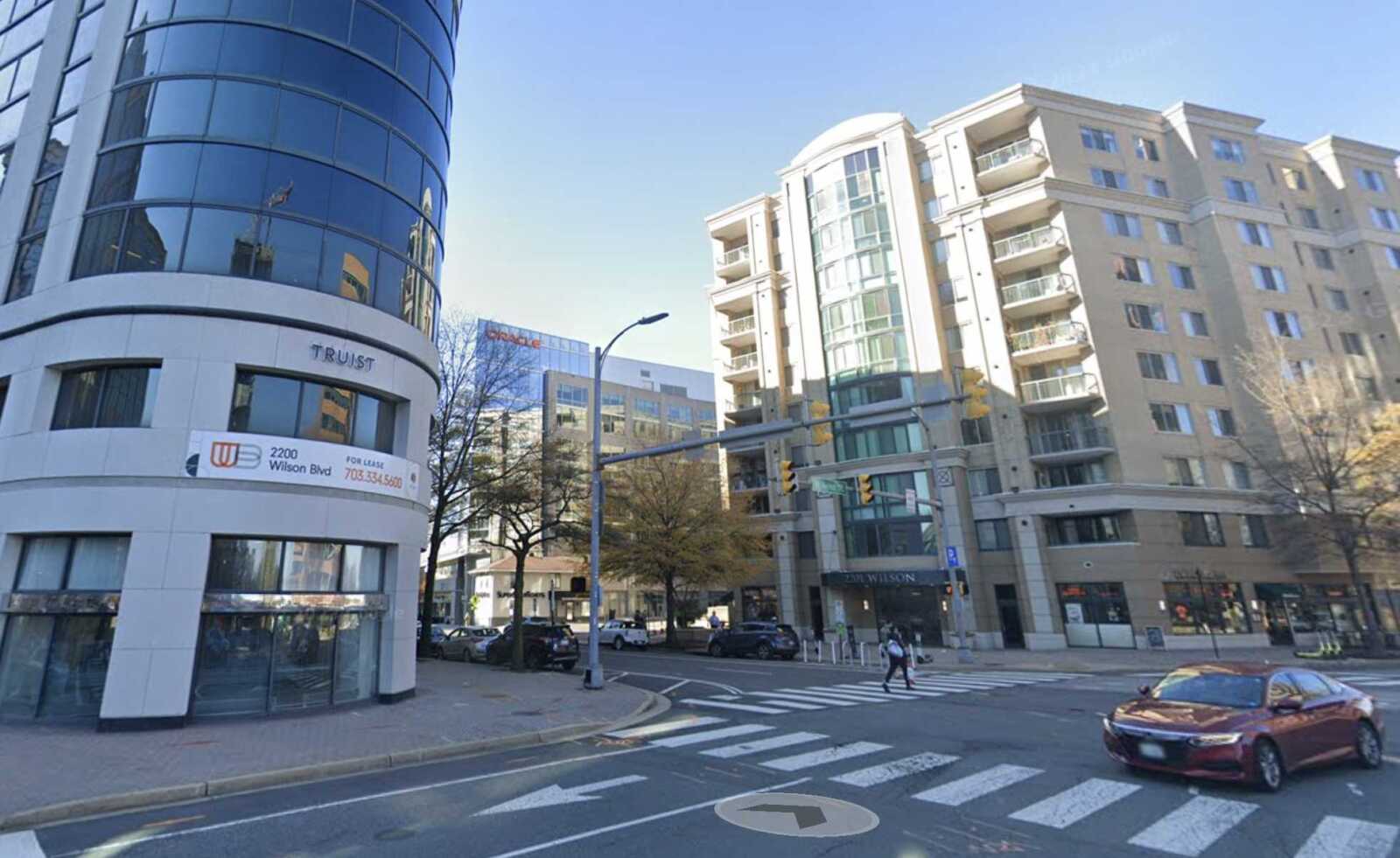
Several measures designed to combat Arlington’s persistently high office vacancy rate are slated for discussion next month.
On the table are expanded opportunities for shared and offsite parking, as well as more lenient parking requirements for fitness centers. Officials are also set to consider whether to allow large media screens for outdoor entertainment in some business districts.
The Arlington County Board is scheduled to vote next month on whether to advertise requests to amend Arlington’s zoning ordinance to make these changes. County Manager Mark Schwartz told the Board last week he hopes that these and other ordinance changes can make it easier for Arlington businesses to get started and grow.
“Very often you’ll have a business that, if it could take advantage of parking very near to it, would be able to move ahead,” he said on Tuesday.
Schwartz noted that fitness centers have particularly strict parking requirements.
Large media screens, meanwhile, could assist with “placemaking” in certain commercial business districts. Currently, it’s an exceptionally arduous process to get large outdoor displays approved.
The county also plans to pursue bigger-picture ordinance changes, Schwartz said. Later this year, the Board is expected to discuss guidance on office-to-apartment conversions as well as potentially simplifying the major and minor site plan amendment process, which landowners must navigate when repurposing or renovating large development projects.
Within the next six months, Board members are also expected to consider plans to facilitate change of use within existing buildings and adopt a more flexible ordinance around signage.
Other possible ordinance changes concern storage uses at office buildings as well as the process for converting underutilized parking spaces.
“We promised we’d be coming to you with sort of a regular rhythm of items, and starting next month we will do that,” Schwartz told officials.
Arlington’s office vacancy rate is currently just over 22%, the county manager said — up from 21.5% in October. Arlington Economic Development predicted in October that this number would continue to rise, as about a quarter of Arlington office space is at risk of sustained vacancies.
The county has scrambled to find uses for its office buildings since the pandemic, passing several zoning changes on a compressed community engagement timeline. Recent adjustments allow urban farms, breweries and podcast studios to move into older office buildings without seeking special permissions.
Despite these efforts, a shrinking commercial base has left Arlington residents shouldering a growing portion of the county’s budget. Historically, the commercial and residential tax base split the budget 50-50 but in recent years, this has shifted to a 55-45 split.
Board member Matt de Ferranti last week called office vacancies “a huge challenge” and praised ongoing efforts by county staff.
“I think it is important to reiterate strong support for the direction we are going in,” he said.
Photo via Google Maps


